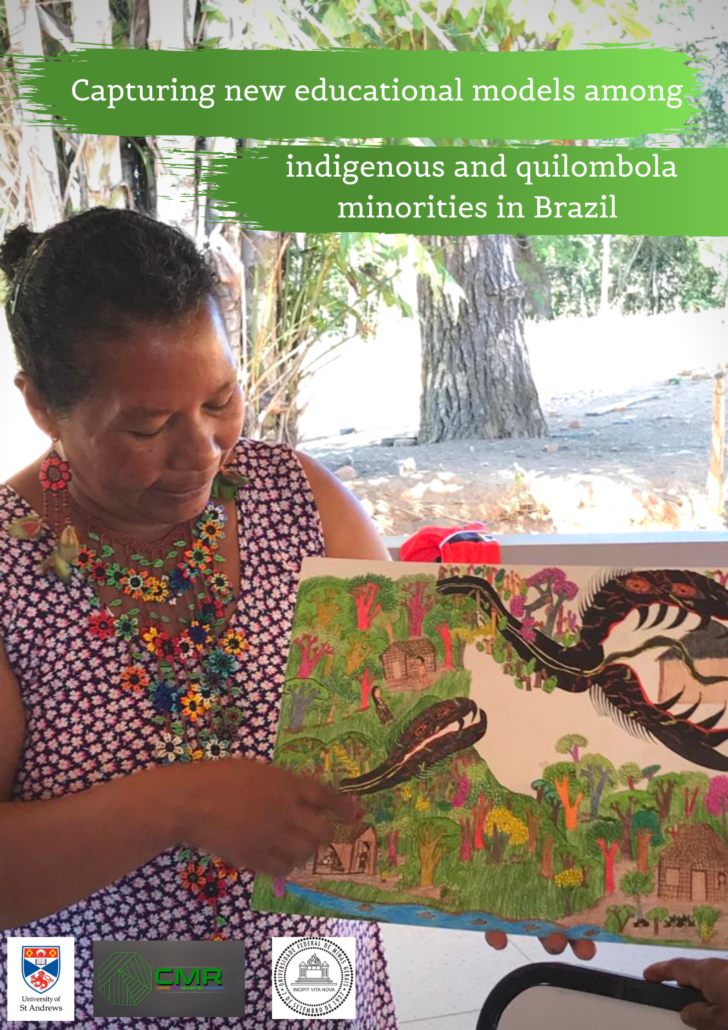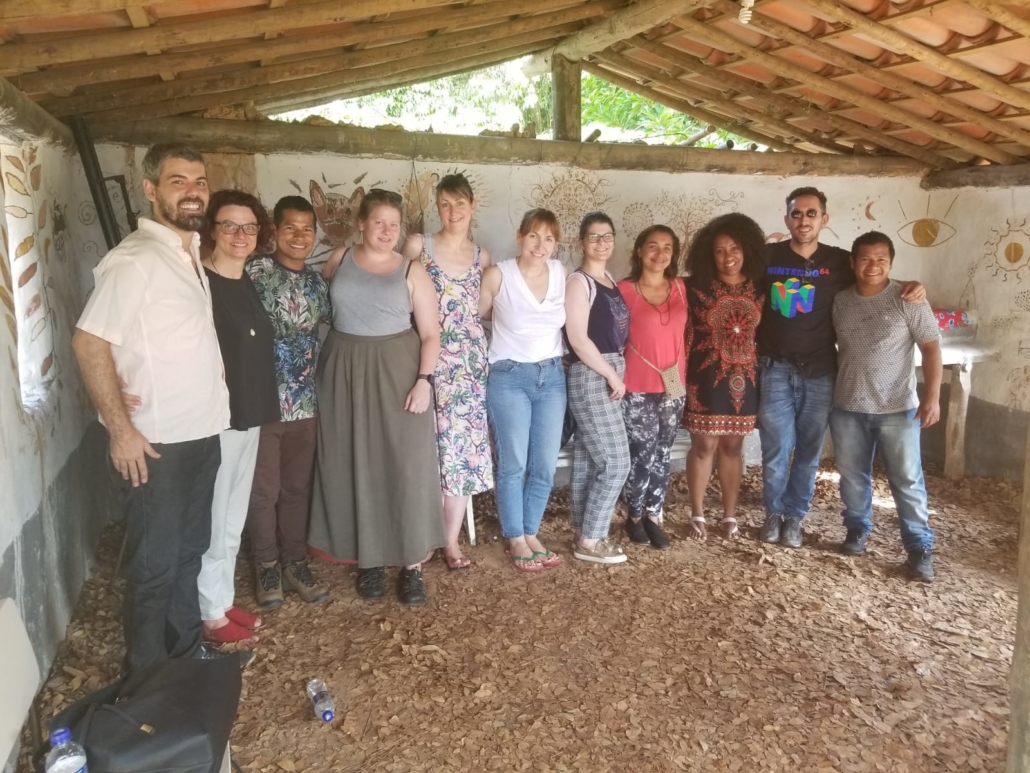Capturing new education models among Indigenous and Quilombola minorities in Brazil
This challenge-led, interdisciplinary and collaborative research responds to Global Challenges Research Fund (GCRF) and UN Sustainable Development Goals (SDG)’s strategic objectives in quality education provision by capturing education models produced by Indigenous and Quilombola minorities in Minas Gerais, Brazil.
Over 30 years of affirmative action, a successful feedback loop has been established between primary education designed by and catering for indigenous communities and higher education programs offered in Brazilian universities.
The project is a collaboration, that begun with a GDI funded workshop in the spring of 2019, between CMR, University of St Andrews, and the Faculty of Education of the Federal University of Minas Gerais (Universidade de Minas Gerais/ UFMG) and several Indigenous and Quilombola communities, namely: Comunidade Quilombola de Pinhões (Quilombola Community of Pinhões), the Aldeia Indígena Pataxó Muã Mimatxi (Pataxó Indigenous Village Muã Mimatxi) and the Terra Indígena Xakriabá (Xakriabá Indigenous Land).
It is funded by the Scottish Funding Council Official Development Assistance Global Challenges Research Fund (SFC ODA GCRF).
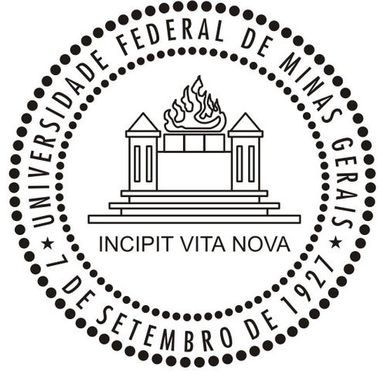
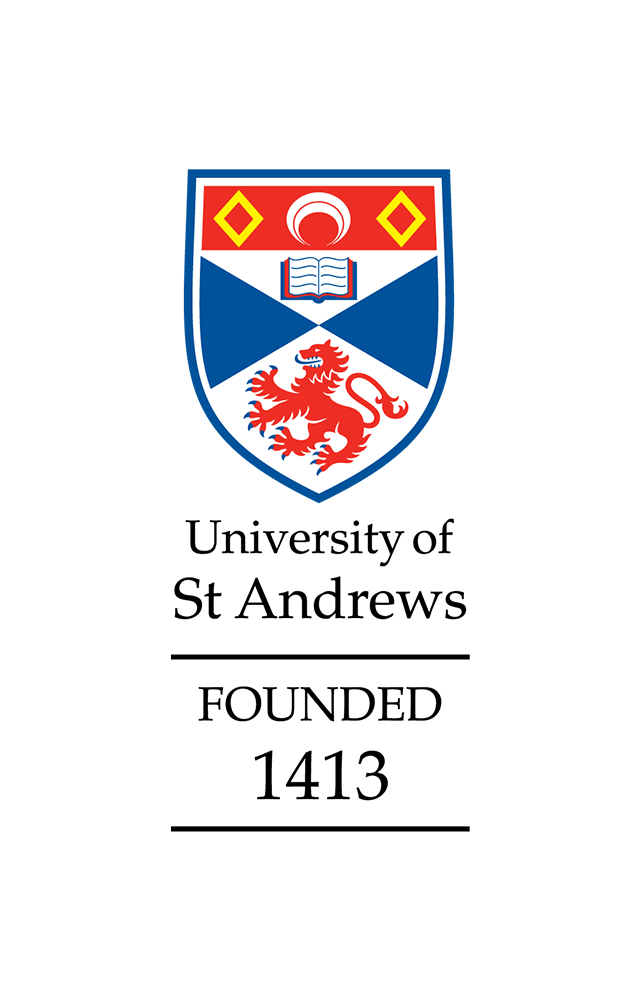
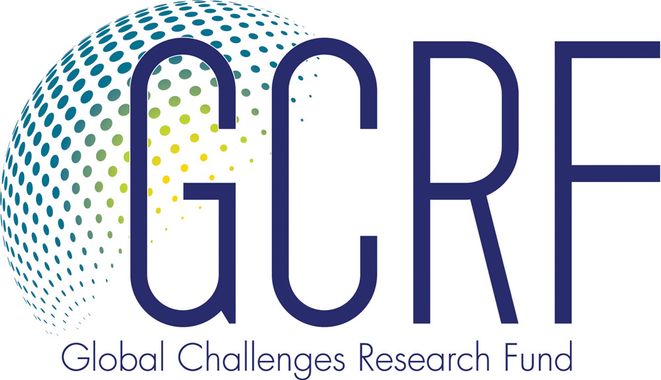
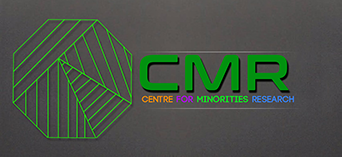
“Our communities have been working in the last 20 years in partnership with UFMG, particularly with Faculty of Education, in order to develop and qualify indigenous educational from an inside perspective, based on the right of an “intercultural, bilingual, specific and differentiated schooling proposal” as it is referred in the Education National Law n. 9394/1996. It has meant, at first, a continuous activity of training our own teachers in specific courses and degrees during this period. In the same direction, we have beginning to develop our own schooling and didactical materials, starting from an indigenous authorship, where this pedagogical orientation can be expressed and be sustained in the school activities in our villages. Besides this two very important and foundational moves, we’re now trying to direct our teachers to a further step in their training, through their enrollment in Master and PhD degrees at the universities, in diverse fields of knowledge.
We welcome this research initiative as an important study which will benefit indigenous minorities, NGOs and policy makers, in order to reinforce these guidelines, as well as create new opportunities for young people in our communities. We are happy to be project partners and to assist the team by providing consultancy on the most pressing issues related to models of sustainable education. We also welcome the opportunity of sharing good practice and joining discussions with indigenous communities beyond Brazil on the challenges and experiences of delivering sustainable education.”
– Pataxó Leaders at Muã Mimatxi
